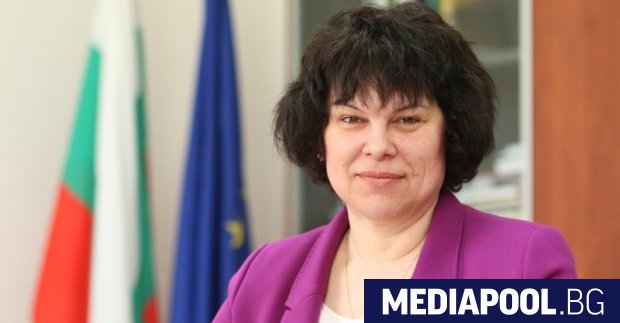#Protests #socalled #Russian #law #continue #Georgia
Protests continue in Georgia against a controversial foreign influence bill that lawmakers approved for further discussion today.
The bill has sparked protests in Georgia and raised concerns in the West, with many seeing it as an obstacle to Georgia’s efforts to join the European Union (EU).
Georgia’s ruling Georgian Dream party reintroduced the bill to parliament earlier this month, a year after it was forced to drop an almost identical proposal amid protests.
The law would require non-governmental and media organizations that receive more than 20% foreign funding to register as organizations “acting in the interest of a foreign country.” That phrasing is the only difference from a draft withdrawn last year, which said the groups in question would have to register as “agents of foreign influence”.
Opponents of the bill refer to it as “Russia’s law” and argue that passing the law would prevent Georgia from realizing its goal of joining the European Union, which last year granted the country long-coveted candidate status.
Thousands of people gathered outside the parliament today, chanting “No to Russian law!” and blocking traffic on the main highway of the Georgian capital. The police cordoned off the access to the parliament and for a while there were clashes between the police and the demonstrators.
“Georgians will never accept this Russian law,” said one of the demonstrators, university student Kote Tatishvili.
“We, the peaceful demonstrators, will win, we will force the Russian minions in the (ruling party) Georgian Dream to withdraw this law,” Tatishvili said.
Protests against the foreign influence bill also took place on Monday, when police detained 14 demonstrators. About 10,000 people took to the streets on Monday.
The EU has called on Tbilisi not to accept the bill, saying it runs counter to the democratic reforms the country must undertake to move towards EU membership. Today, the President of the European Council, Charles Michel, reiterated that the bill moves Georgia away from the EU, not closer to it.
“Georgian Dream” controls 84 out of 150 seats in the parliament and can pass this bill without opposition support.
Georgian President Salome Zurabishvili has announced that she will not sign the bill if parliament approves it. But the president’s veto may not last long. Zurabishvili’s term ends this year, and under constitutional changes, the next president will be appointed by an electoral college made up of all members of parliament.











